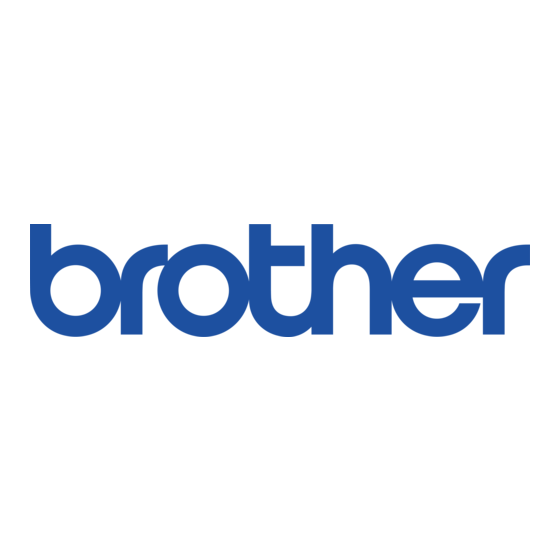Brother QL-1060N Network User's Manual - Page 10
Browse online or download pdf Network User's Manual for Label Maker Brother QL-1060N. Brother QL-1060N 42 pages. Label printer
Also for Brother QL-1060N: User Manual (42 pages), Software User's Manual (40 pages), Network User's Manual (48 pages), Software User's Manual (48 pages), Network User's Manual (41 pages), User Manual (40 pages), User Manual (48 pages), User Manual (41 pages), User Manual (24 pages)

